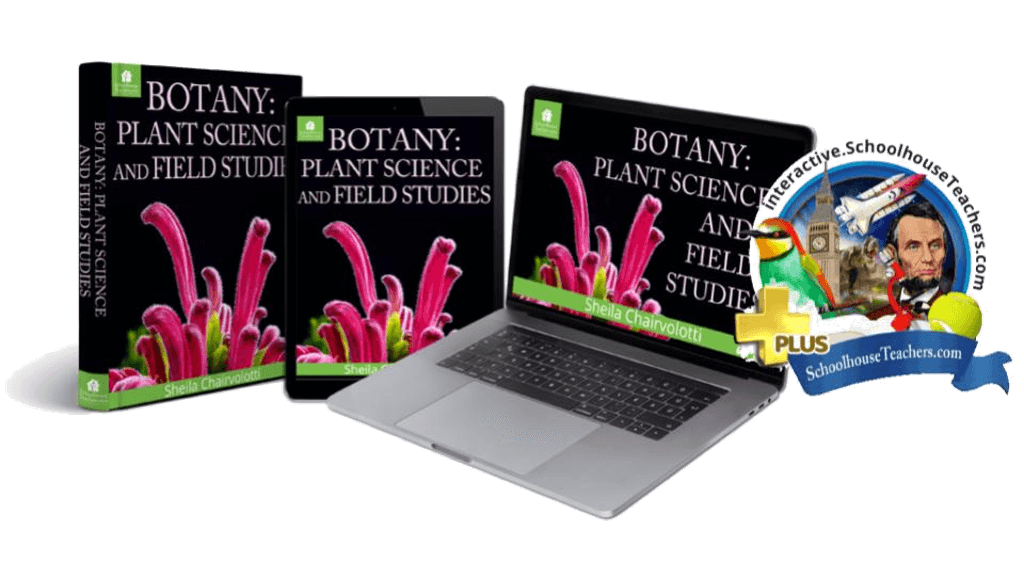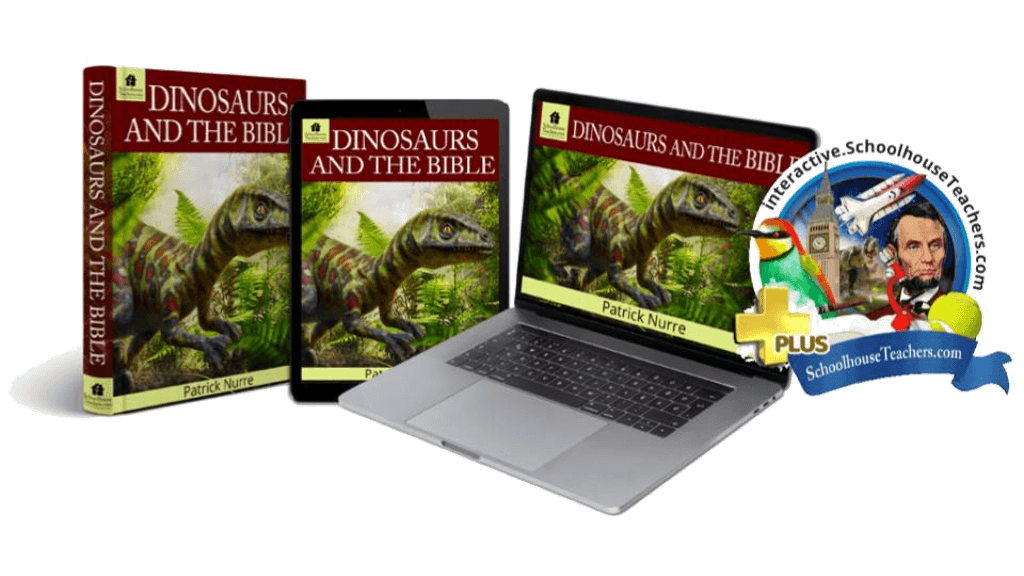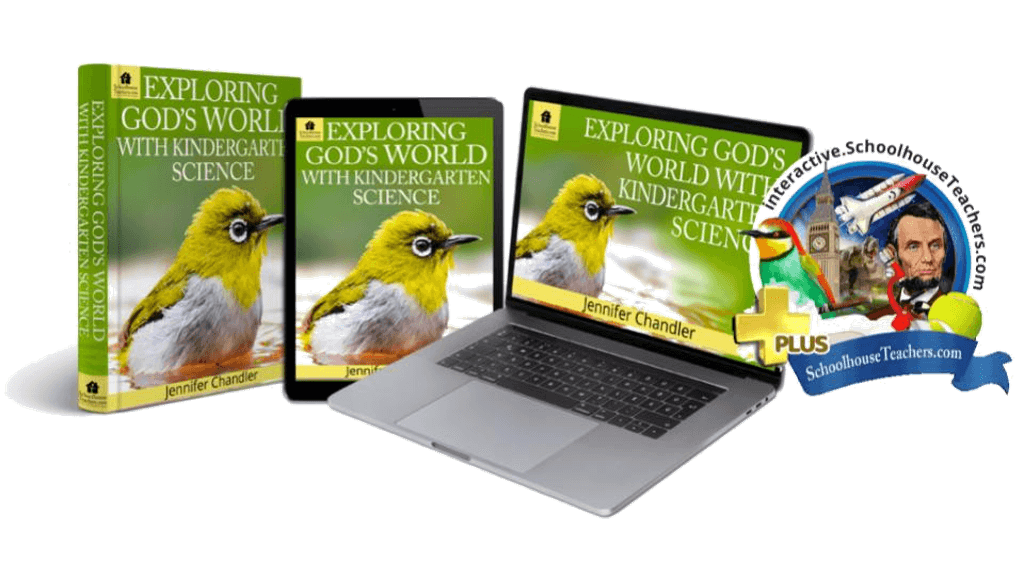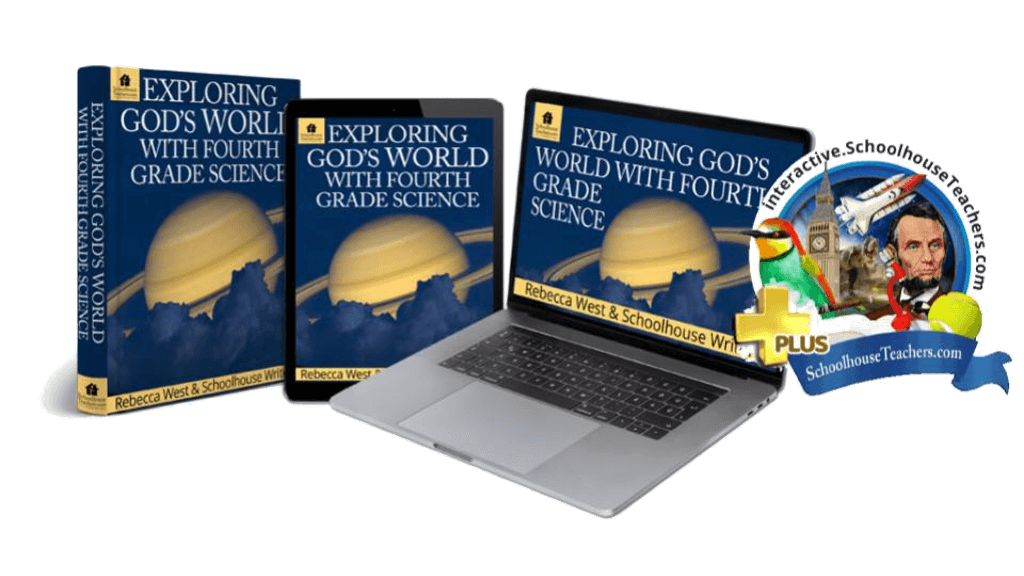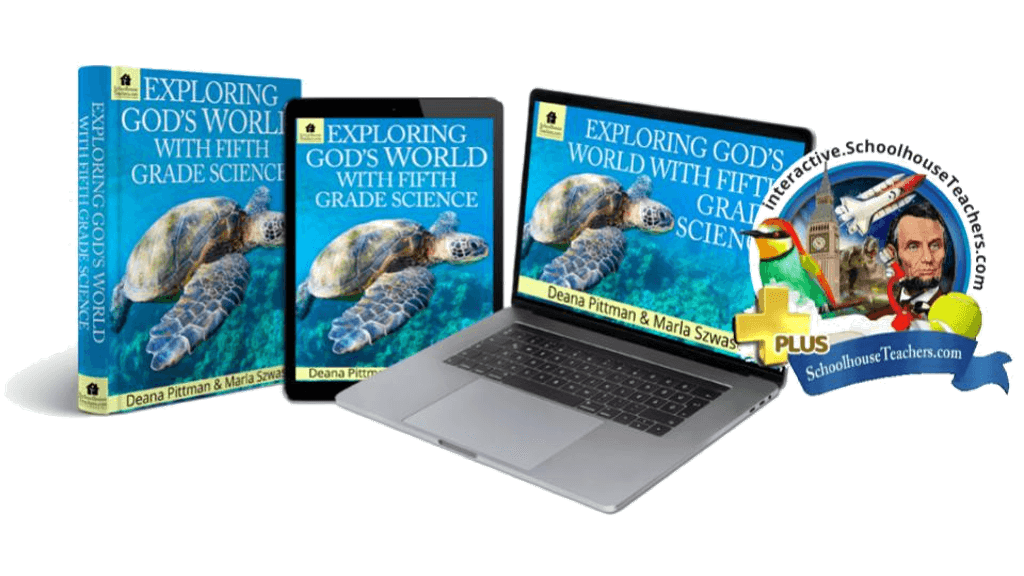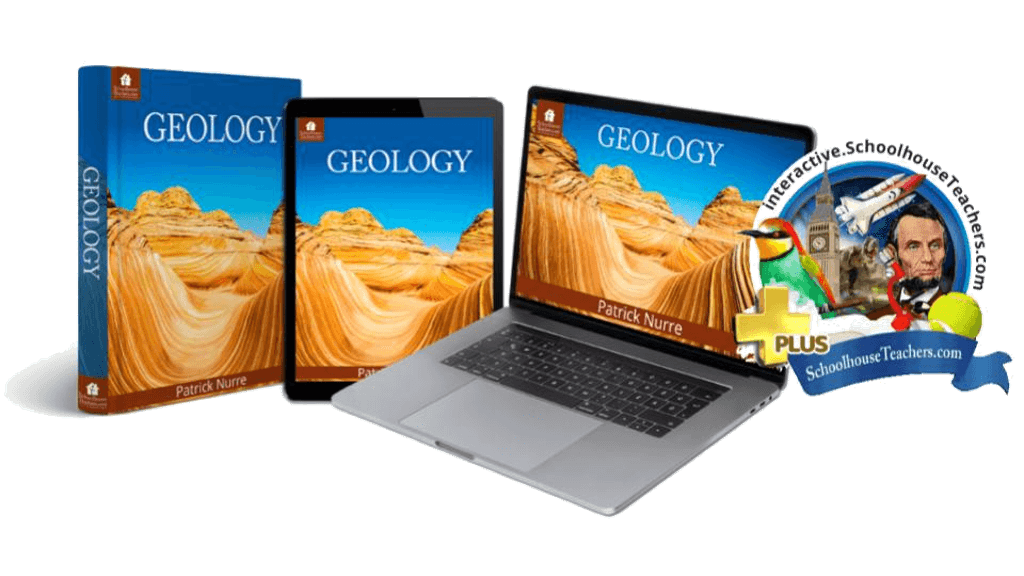Available courses
Category: Science Courses
How did the plant “cell” get its name? What well-known Christmas plant is really a parasite? Our Botany: Plant Science and Field Studies course takes seventh through tenth grade students on a tour through the plant world to learn about roots and shoots, aquatic plants, conservation, plant defenses, and more using engaging text, activities and experiments, quizzes, and even field study of plants.
Category: Science Courses
Dinosaurs and the Bible is a sixteen-week homeschool course presented to first through sixth grade students from a young Earth Creationist worldview. It attempts to solve some of the mysteries surrounding dinosaurs, dispel some of the myths, and provide homeschool students with solid answers and the tools needed to defend their faith. Dinosaurs and the Bible course content is delivered through video-based lessons, with printable worksheets and interactive, self-graded quizzes available.
Category: Science Courses
Our Exploring God’s World with Kindergarten Science combines young children’s love of animals and nature with easy-to-follow short stories and activities. From flowers to flies and cats to coal, enjoy ninety bite-sized lessons, conduct experiments, and have fun!
Exploring God's World with Kindergarten Science is an eighteen week homeschool course presented to Kindergarten students.
Category: Science Courses
Do you wonder how to introduce science to your first-grade student? With our course, Exploring God’s World with First Grade Science, students learn the basics of science through thirty-four weeks’ worth of lessons. Text, experiments, activities, and links cover topics such as common plants and animals, the observation of familiar things, the beginning classification of living things, farm animals, the sun as a source of energy, and the care of pets.
Exploring God's World with First Grade Science is a thirty week homeschool course presented to first graders.
Category: Science Courses
What are the planets like? How do the oceans work? What makes up a living thing? Exploring God’s World with Second Grade Science helps answer some of the myriad of questions students ask. Satisfy their curiosity with the interactive course filled with fun lessons and activities!
Exploring God's World with Second Grade Science is a thirty-six week homeschool course presented to second graders.
Category: Science Courses
How do heat and pressure change a sedimentary rock? Is a snail’s head part of its foot? Exploring God’s World with Third Grade Science digs into topics such as animals, body systems, rocks and minerals, electricity, and more. Expand your knowledge with this text-based 36-week course full of interesting lessons and fun activities!
Exploring God's World with Third Grade Science is a thirty-six week homeschool course presented to third graders.
Category: Science Courses
Our Exploring God’s World with Fourth Grade Science homeschool course explores topics often taught in fourth grade including the scientific method, plants and animals, habitats and environments, the earth and solar system, and many other topics. Exploring God's World with Fourth Grade Science is a thirty-six week homeschool course presented to fourth graders.
Category: Science Courses
Exploring God's World with Fifth Grade Science teaches fifth grade students about the incredible creativity and diversity evident throughout creation. Through weekly lessons, reading assignments, comprehension question, and periodic activities, students study and explore the world around them. Some topics covered include animal adaptations, water and land habitats, ecosystem interdependence, the water cycle, vertebrates and invertebrates, the food chain, and more.
Exploring God's World with Fifth Grade Science is a thirty-two week homeschool course presented to fifth graders.
Category: Science Courses
Just how big is Jupiter? What is the difference between a food chain and a food web? In our Exploring God’s World with Sixth Grade Science course, students learn the answers to these questions and more! Through thirty-six weeks of lessons, homeschool students study dozens of topics including biomes, photosynthesis, astronomy, infectious diseases, and animal classification.
Exploring God's World with Sixth Grade Science is a thirty-six week homeschool course presented to sixth graders.
Category: Science Courses
This Geology homeschool science course, taught by Patrick Nurre from a young earth perspective, is divided into two units: Rocks and Minerals; The Geology of Our National Parks. Geology is a thirty-four week homeschool course presented to fourth
through eighth graders. Each unit is independent, but the lessons within each unit should be followed in order.

